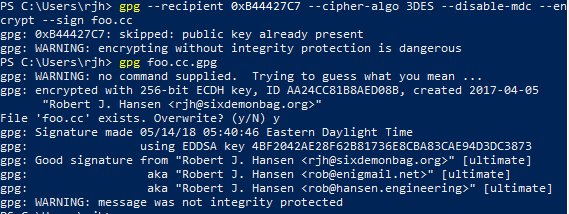
How to get URL link on X (Twitter) App

https://twitter.com/hacks4pancakes/status/1380279418418036745So users became experts in sidestepping her, because she was actively unhelpful. She then pushed Management into draconian punishments for anyone who sidestepped her.
https://twitter.com/hacks4pancakes/status/1380263646312415242The problem is that "the user is the weakest link, so let's take steps to better break the attacker's killchain before it reaches the user" starts with the same words as "the user is the weakest link, so let's blame and punish and mock the user".
https://twitter.com/Raiklin/status/1325546156496195584Second, just because an election is contested doesn't mean the numbers are wrong, or even that the contestation has a solid foundation. Yesterday something like *8 different Trump challenges* were thrown out of court for failure to meet the basic requirements of a challenge. 2/
